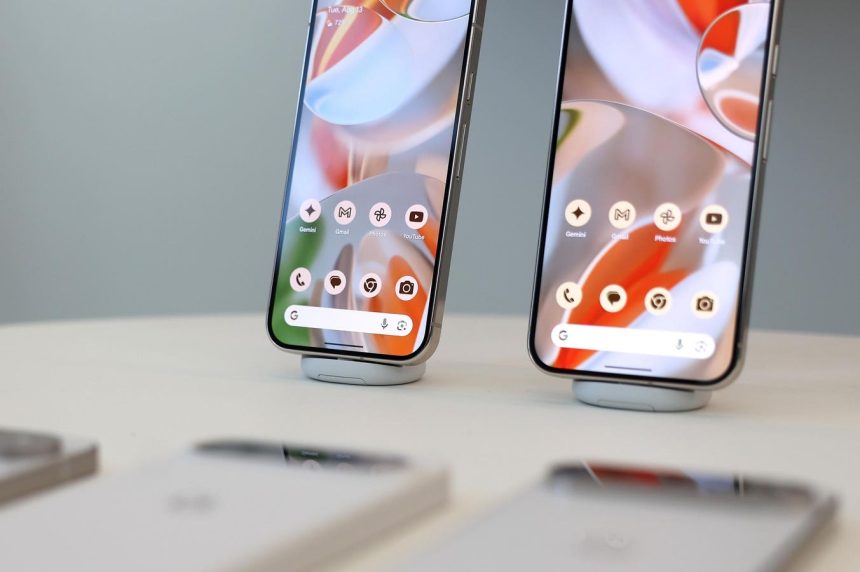Google’s Android 15 introduces a range of significant security and privacy enhancements, bringing the platform closer to the level of protection offered by Apple’s iPhone. Among these advancements is real-time, on-device monitoring aimed at detecting malware and scam calls, setting a higher standard for mobile security. This shift of central security techniques to the device level poses a challenge for Apple, suggesting it may need to enhance its own security measures to maintain competitiveness in the increasingly pivotal area of mobile privacy and safety.
In December 2024, Google released its final Android security update, which encompasses several important fixes for Android 15. A critical inclusion is the resolution for a system vulnerability designated CVE-2024-43767, which could potentially lead to remote code execution without requiring additional execution privileges. Although this particular vulnerability is classified as high-severity, history indicates that threats initially rated as less severe may escalate, accompanied by subsequent warnings of active attacks, indicating the necessity of prompt remedial action.
The December bulletin features other fixes that impact Android 15 devices, predominantly Google’s Pixel smartphones and a limited selection of devices from other manufacturers. However, Samsung, a major player in the Android ecosystem, has not yet provided users with access to the Android 15 beta program, as its One UI 7 lags behind in integration with the latest OS version. This delay emphasizes the current disparity in rollout timelines between Google and its hardware partners, particularly as Pixel devices are guaranteed to receive timely updates irrespective of their Android version status.
While Google aims to inform other Android device partners about vulnerabilities at least a month prior to public disclosures, the specifics regarding the scope of the updates and fixes may take time to materialize from those manufacturers. Each OEM is responsible for publishing tailored security patches, and it’s unclear whether all necessary fixes will be applied uniformly across the diverse range of Android devices. Until updates are rolled out, there are no confirmed reports of active exploitations of the CVE-2024-43767 vulnerability, resulting in a quieter update cycle compared to previous months, which is seen as a welcome development in the sphere of mobile security.
Additionally, the December update integrates numerous Qualcomm patches with high-severity ratings, which will also influence devices running Android 14 and lower. These patches will find their way into Samsung’s upcoming December security release, although there are concerns that the incorporation of third-party fixes—particularly for chipset vulnerabilities—might face delays. Customers using Samsung devices remain in limbo regarding the status of Qualcomm’s earlier zero-day vulnerability disclosed in October, highlighting the complex nature of updates in a multi-vendor ecosystem.
For Pixel users, the rollout of the updates is expected to commence imminently, taking into consideration regional variations and carrier specifics. Given the presence of critical high-severity security fixes, users are urged to update their devices without delay. The update process for Pixel devices is designed to be seamless in contrast to that experienced by Samsung users, whose devices may not see the latest updates until the anticipated launch of new models in early 2025, further underlining the advantage that Google and its Pixel line maintain in the realm of timely software security updates.



